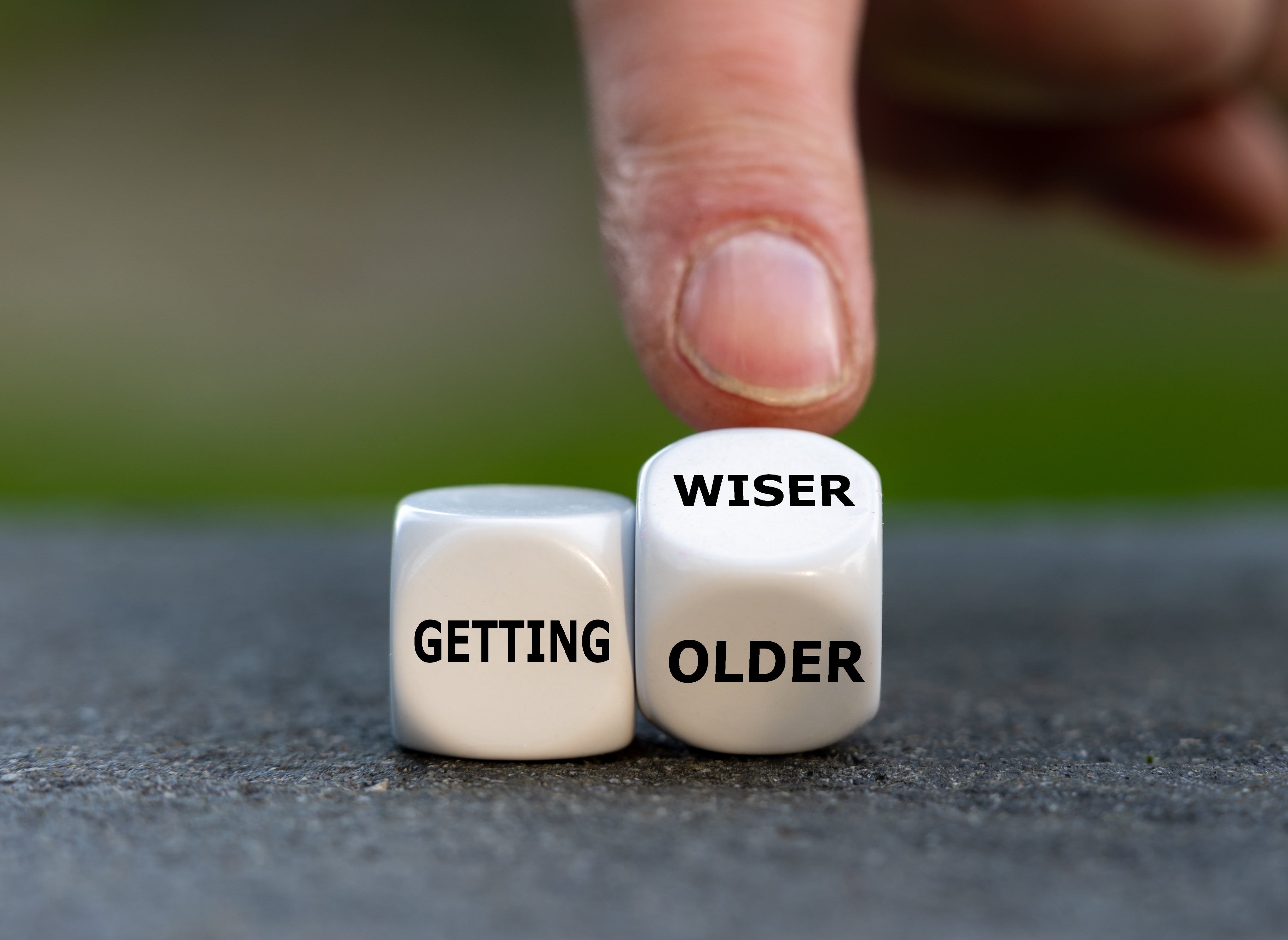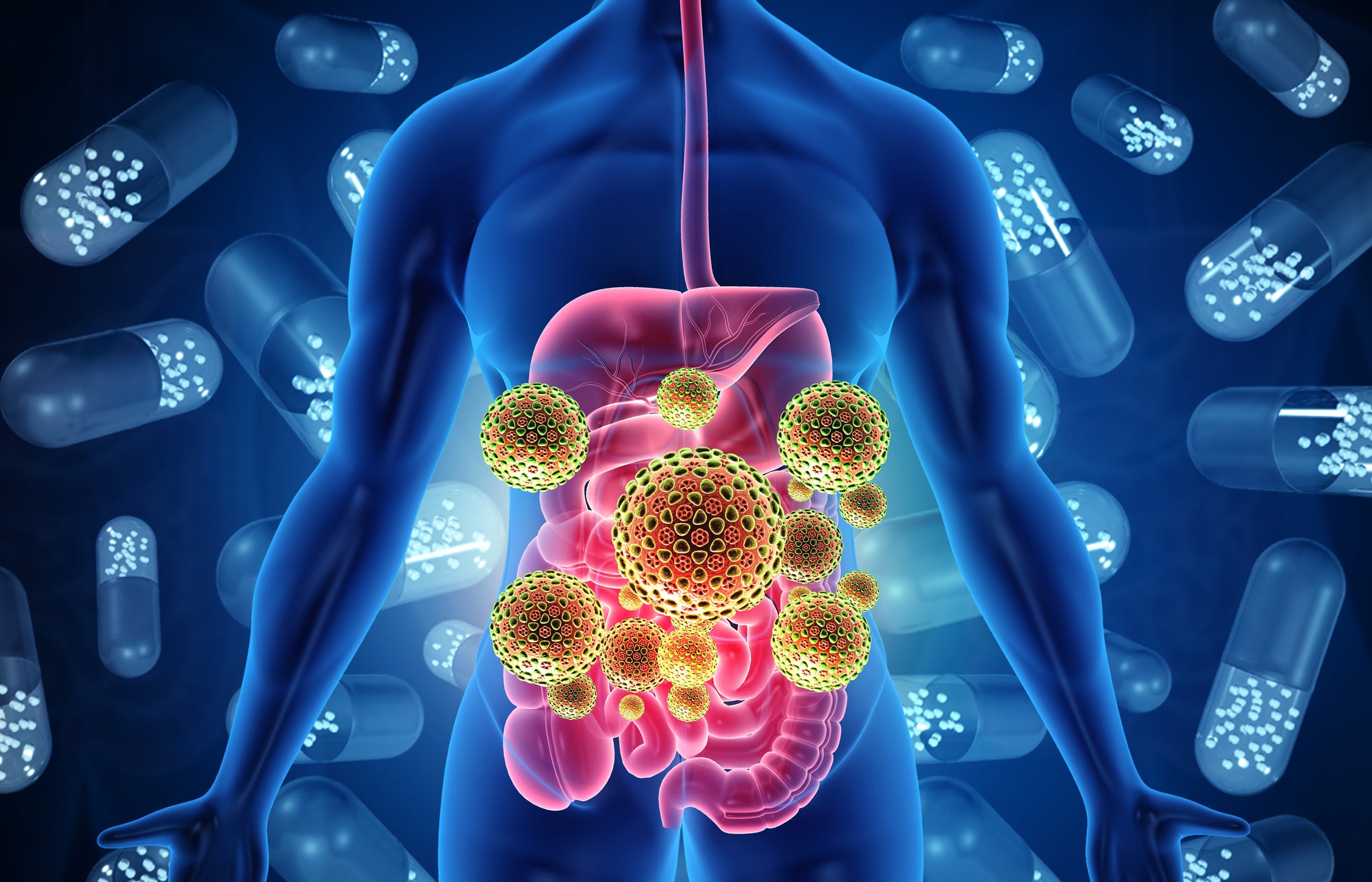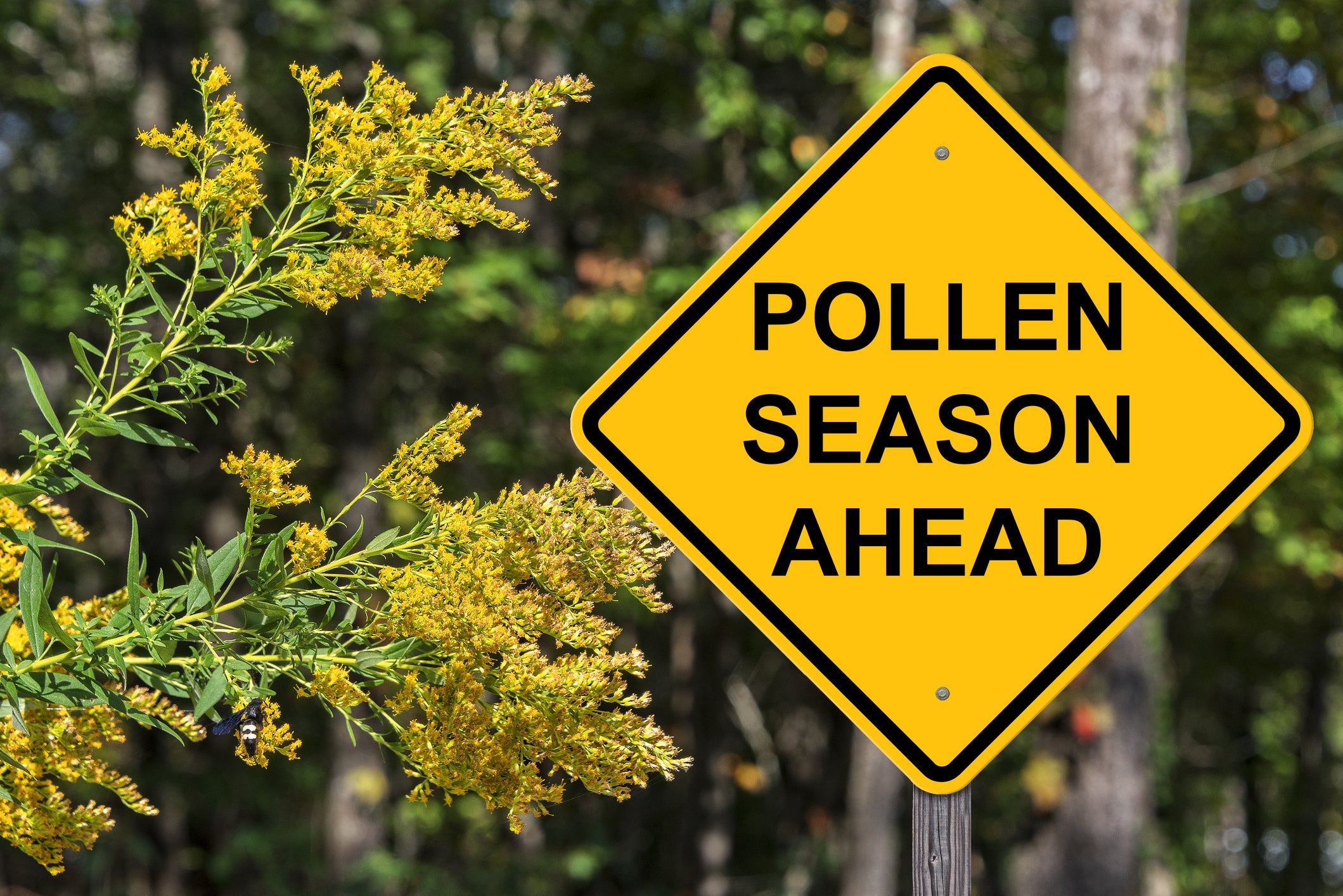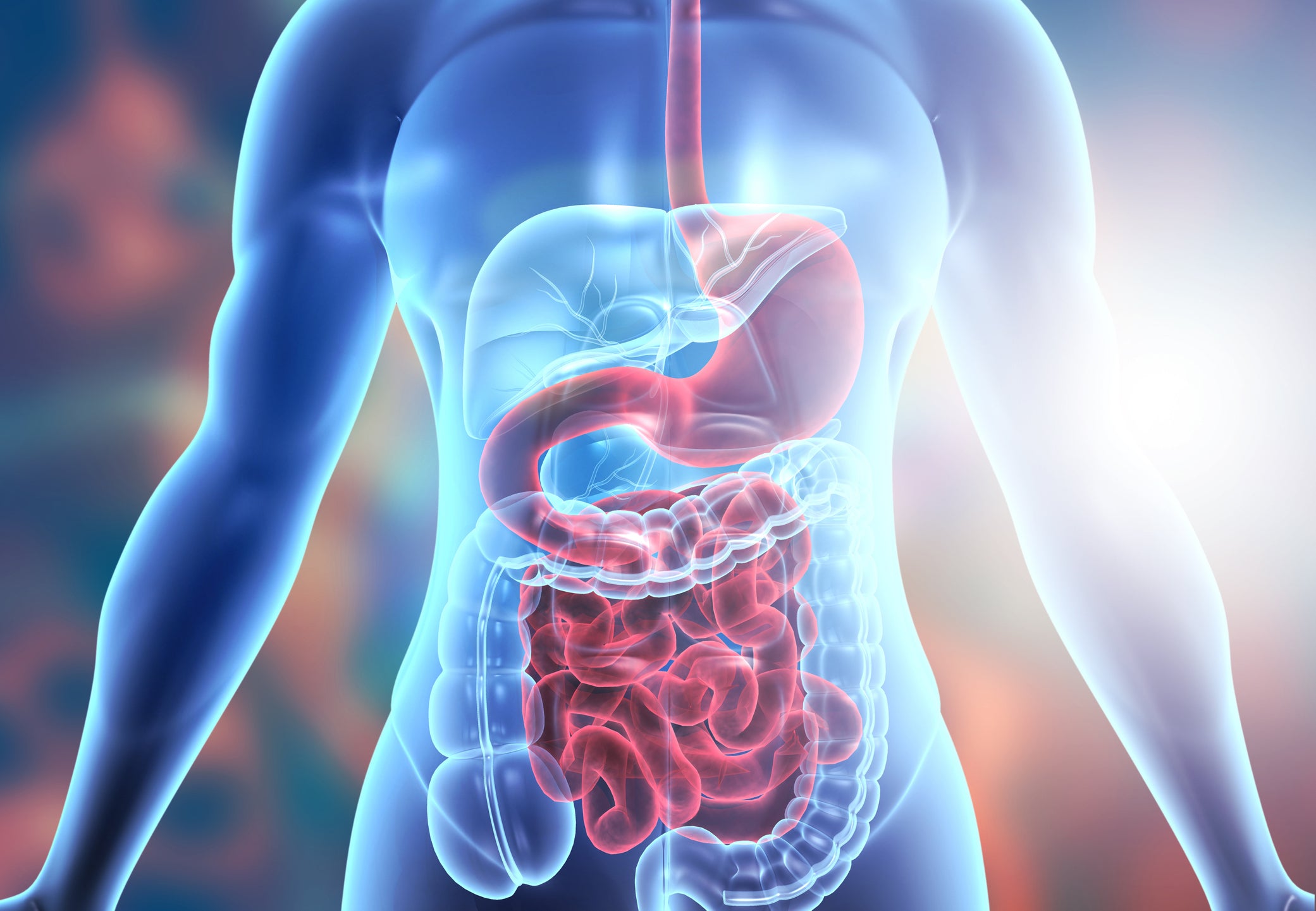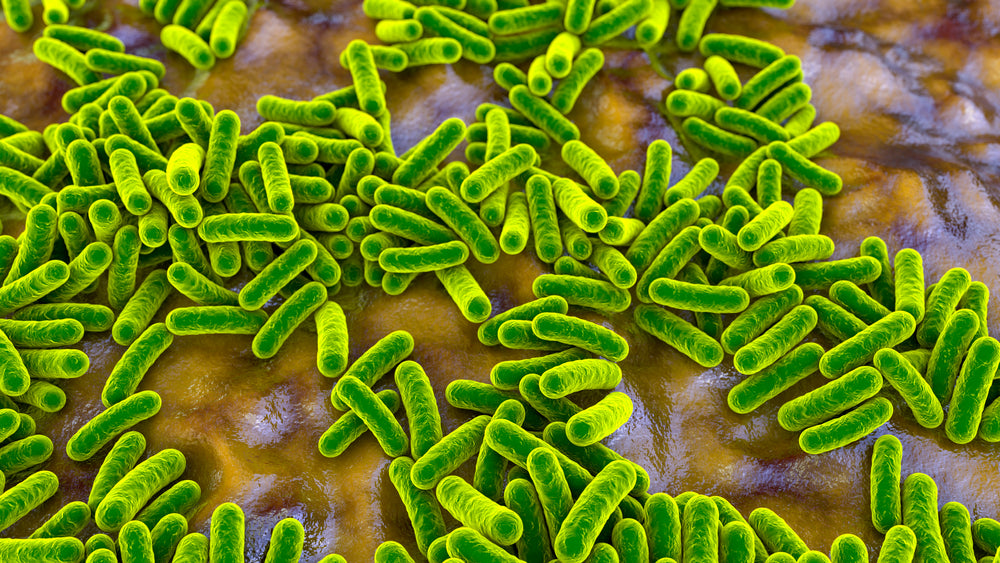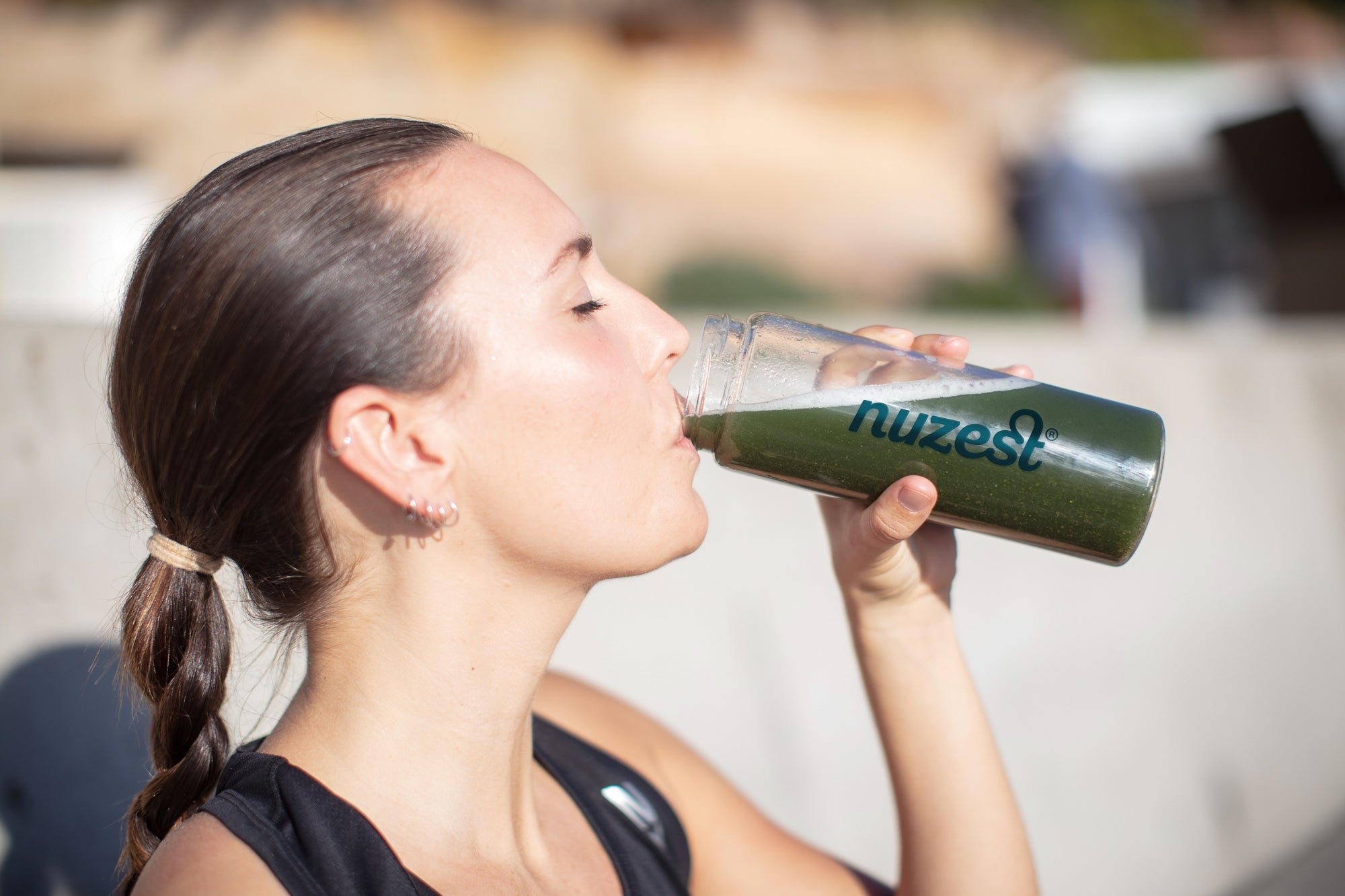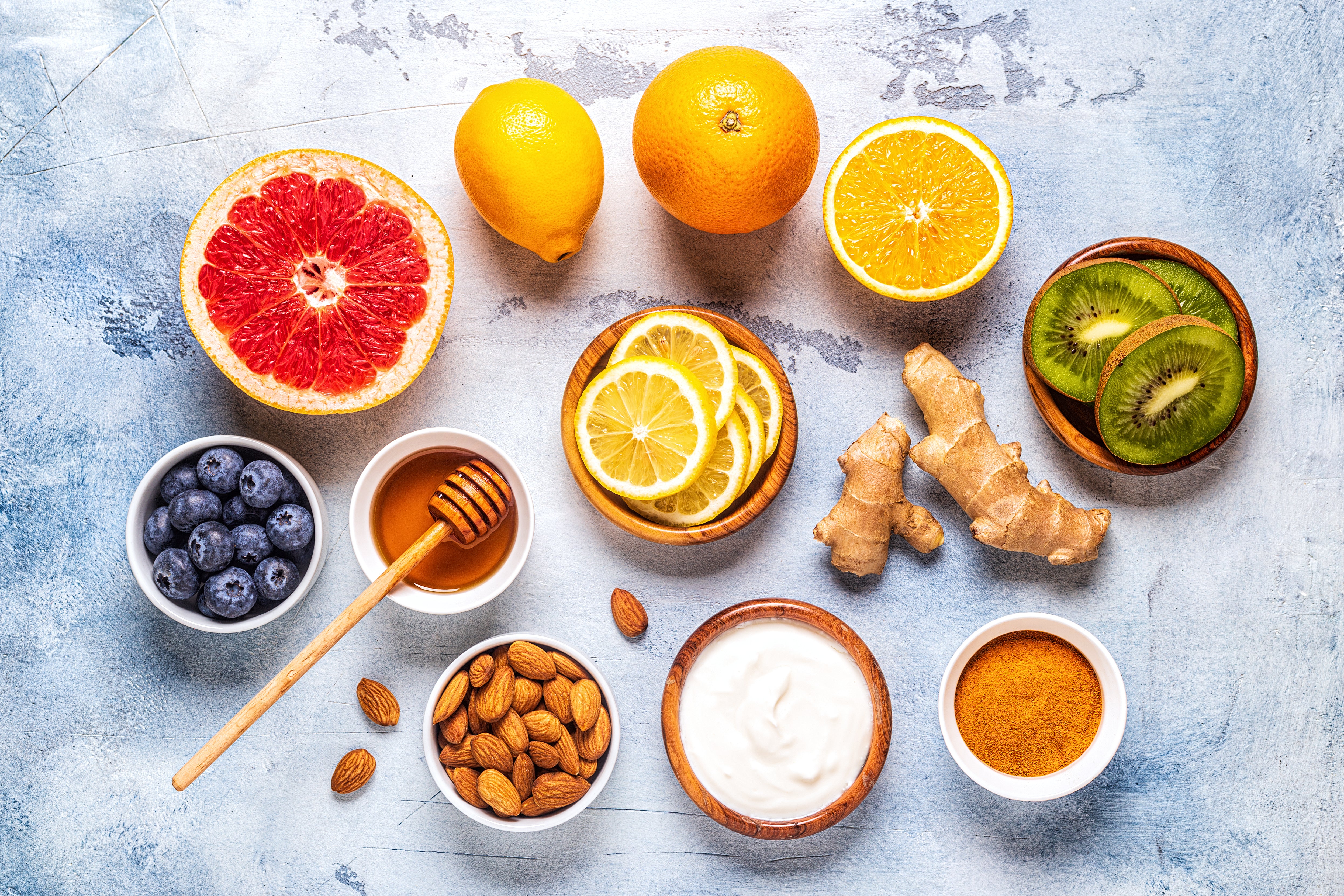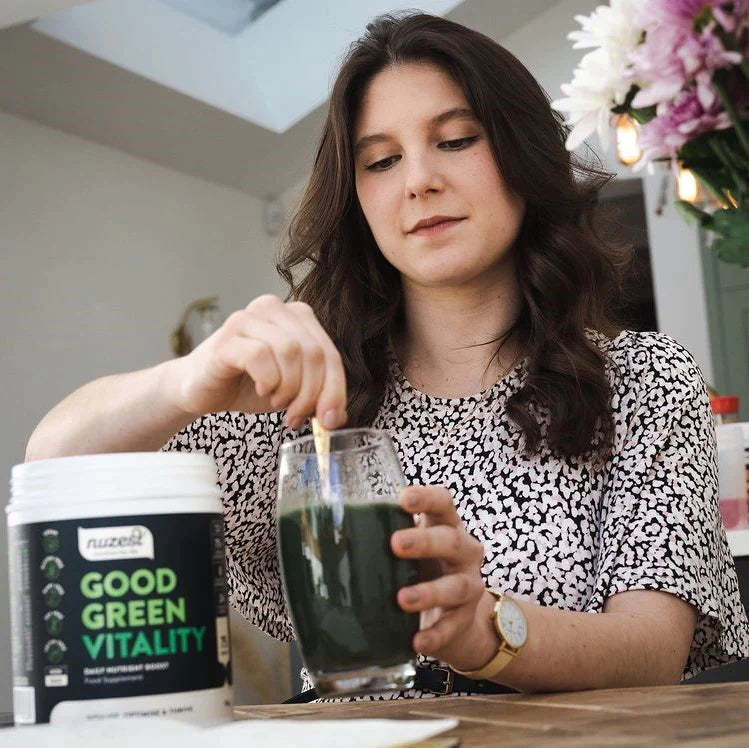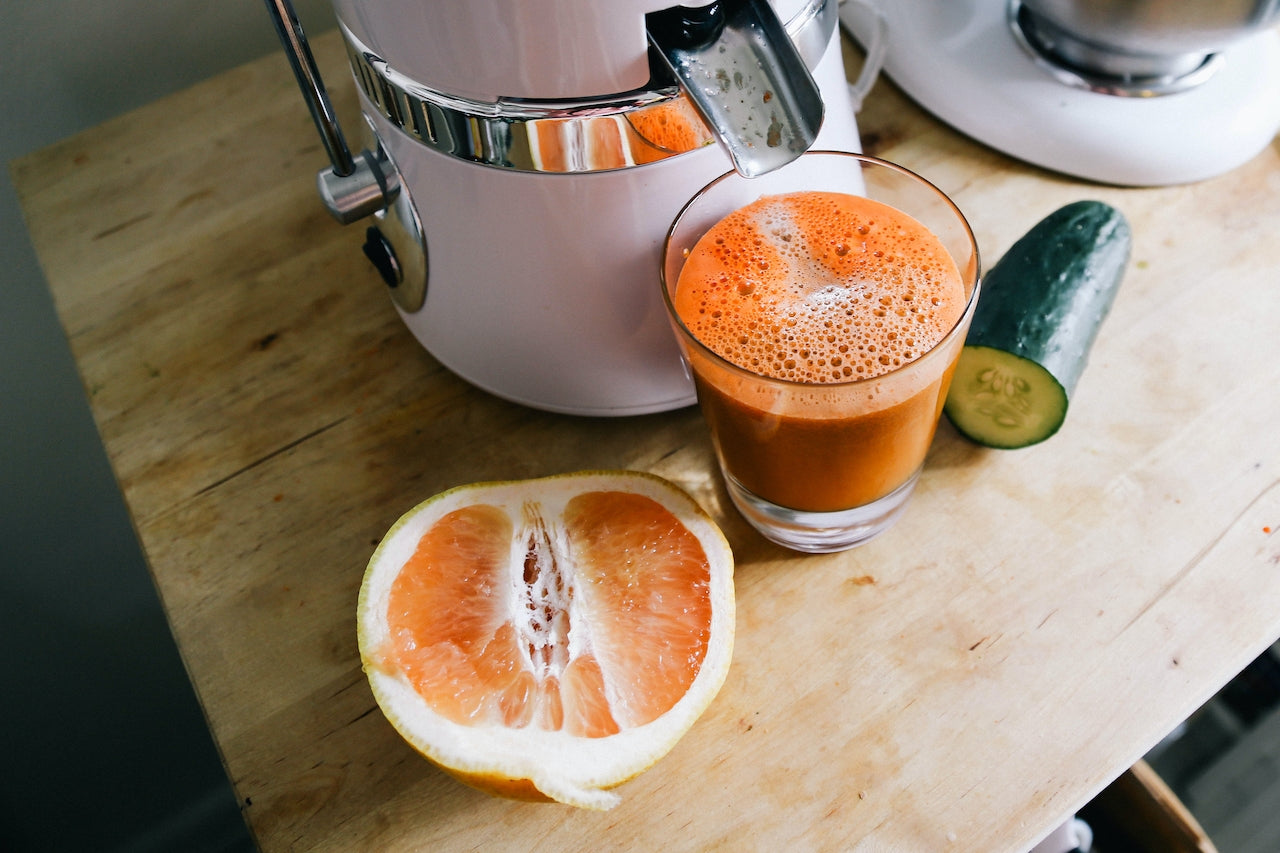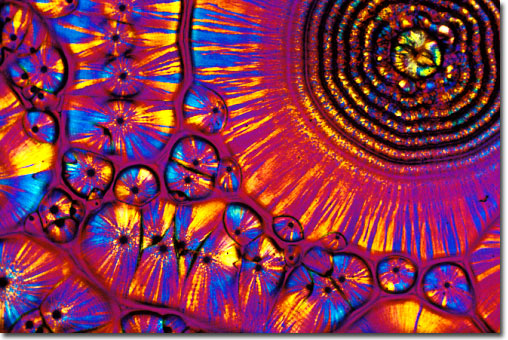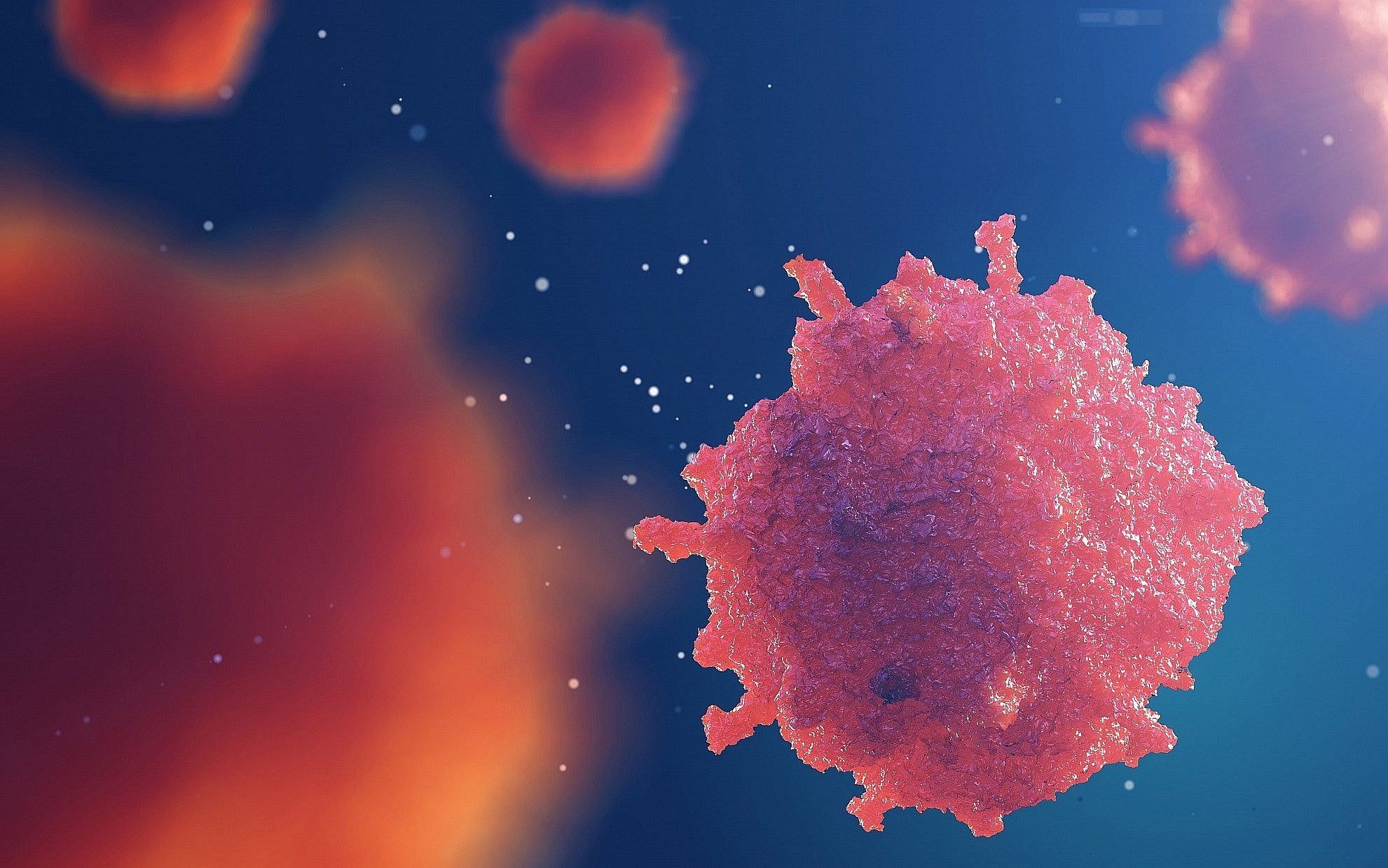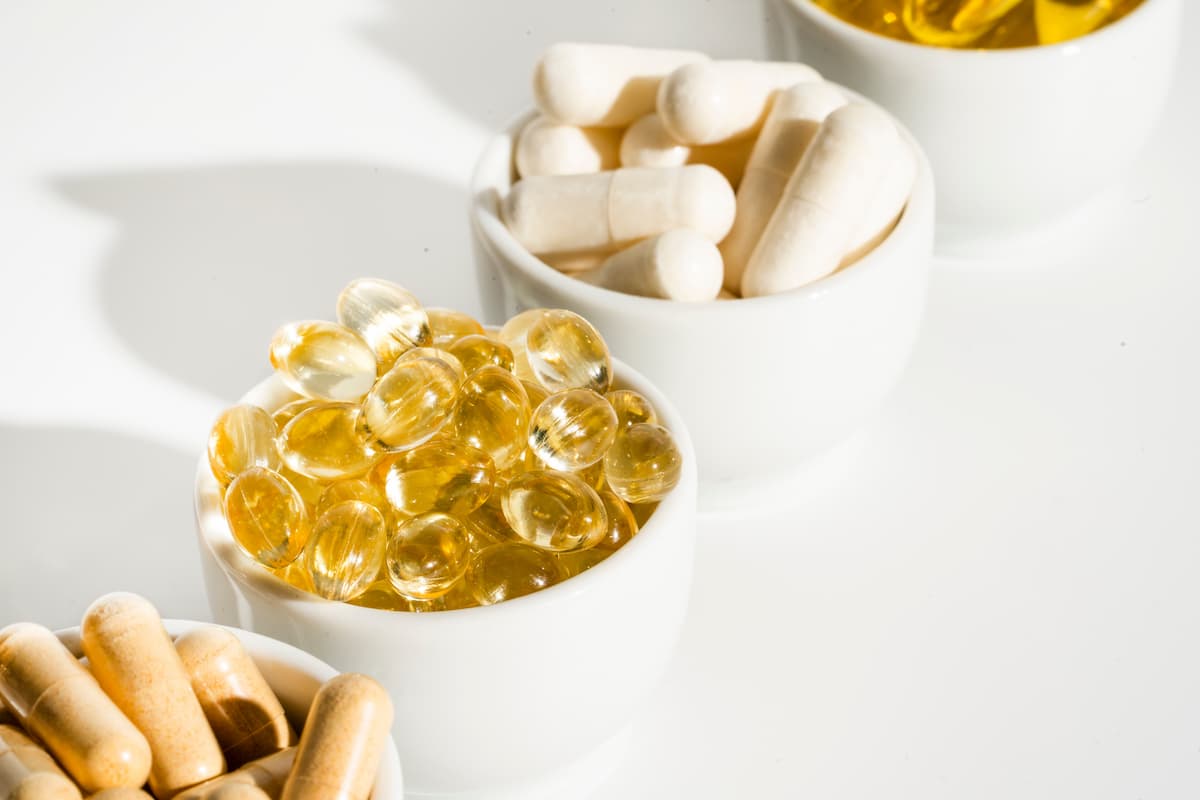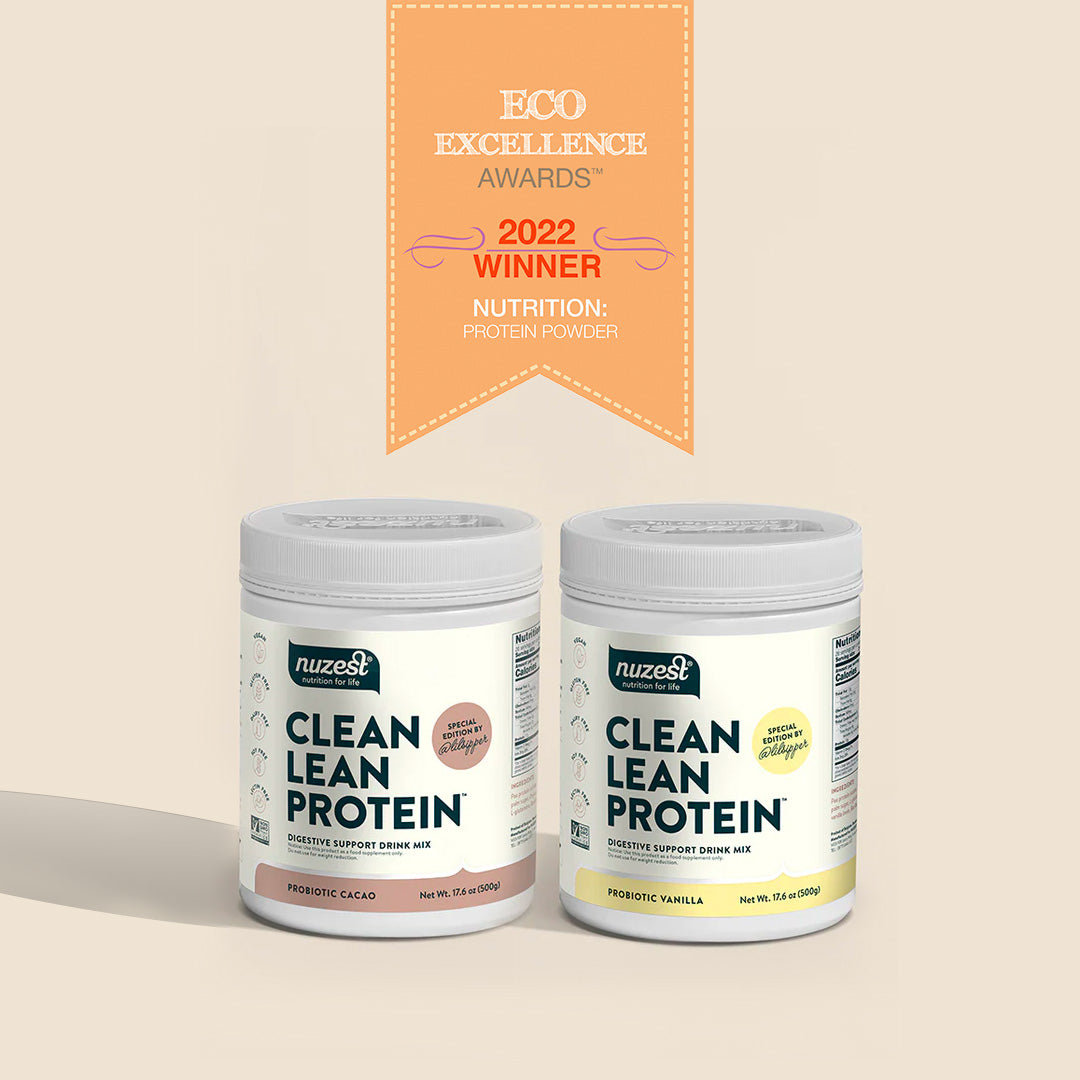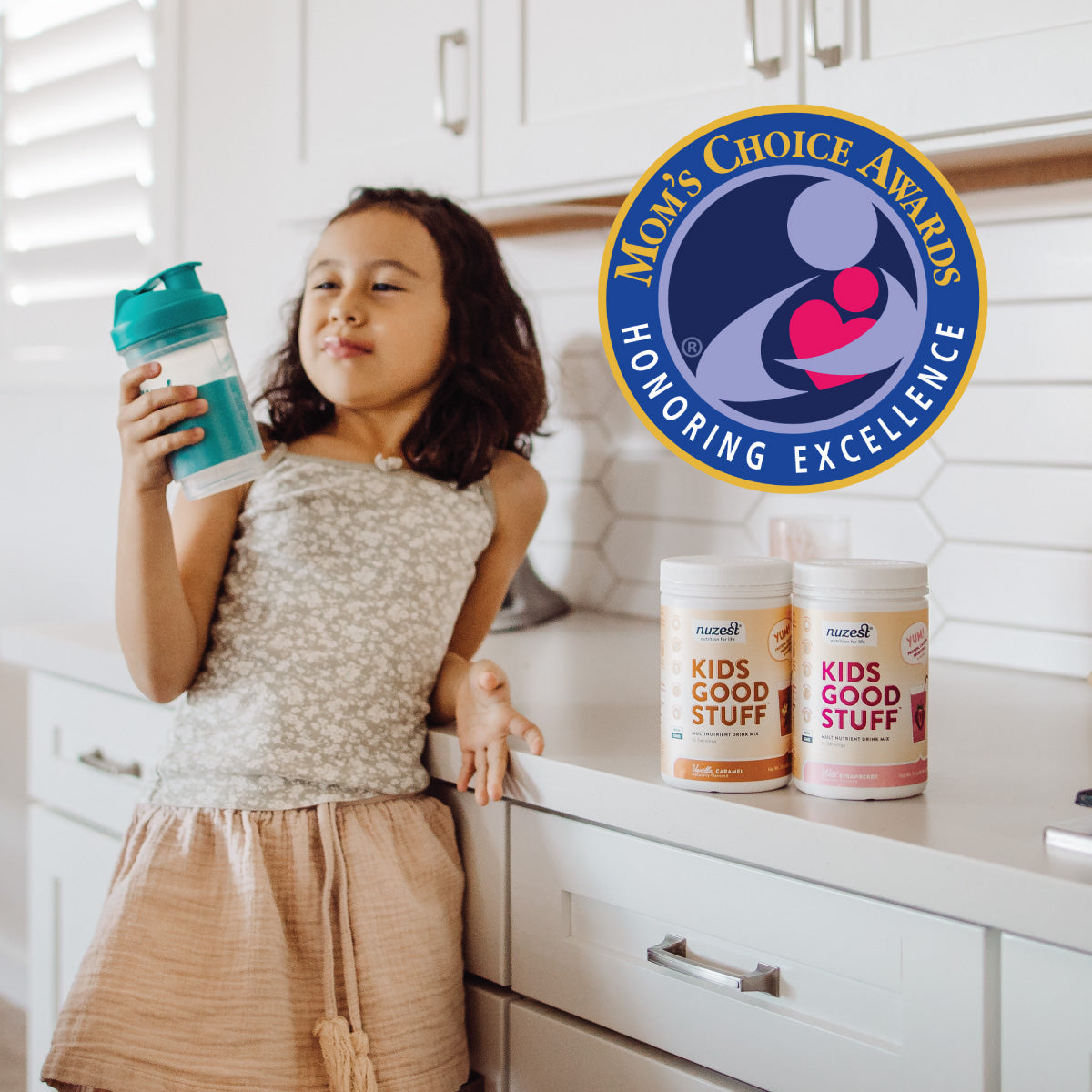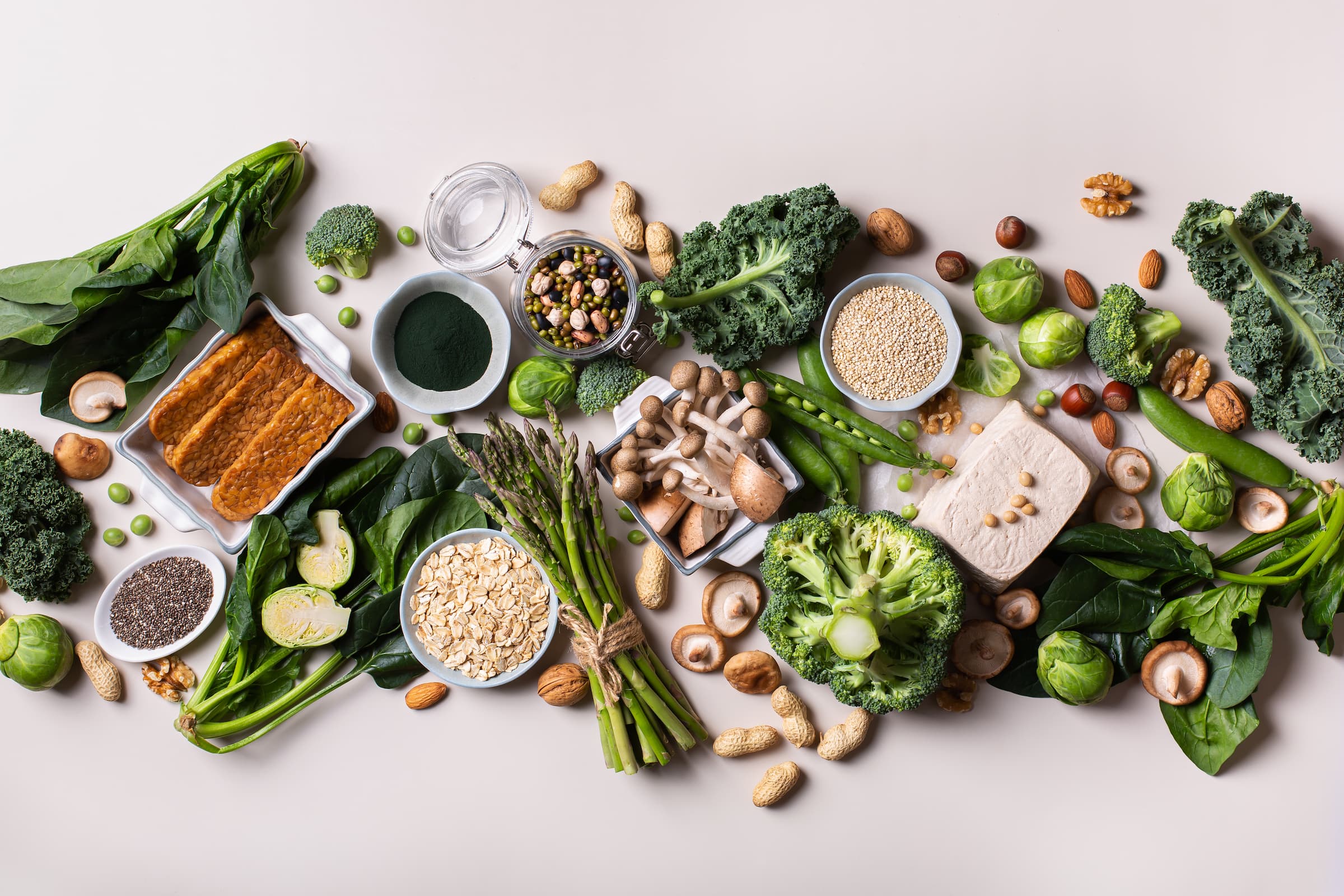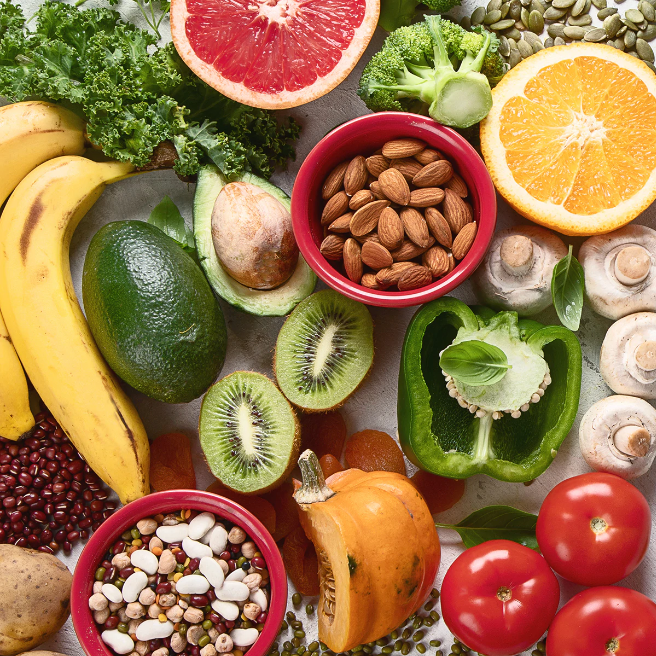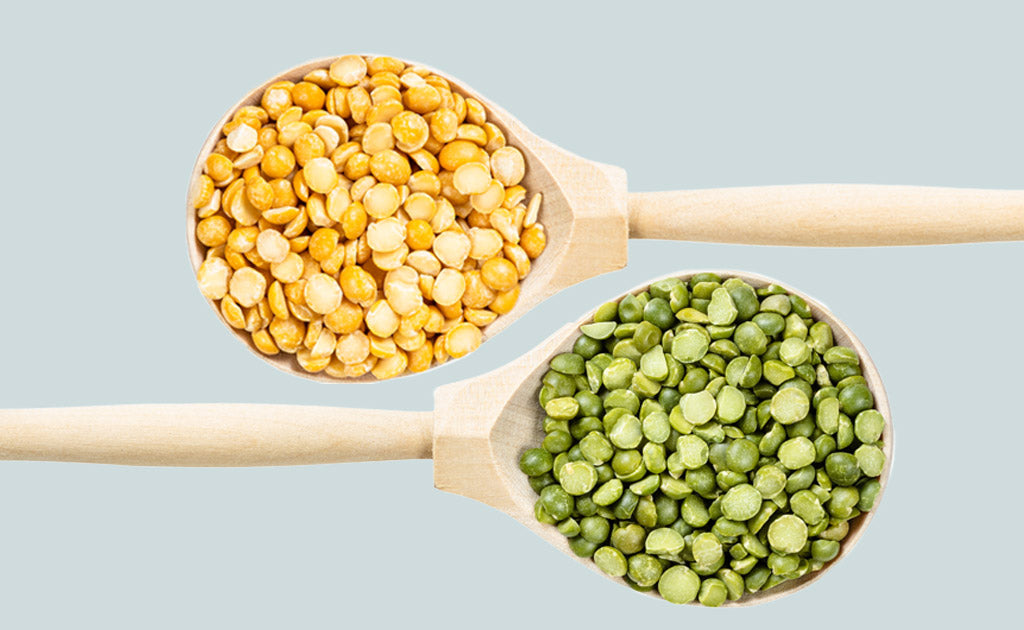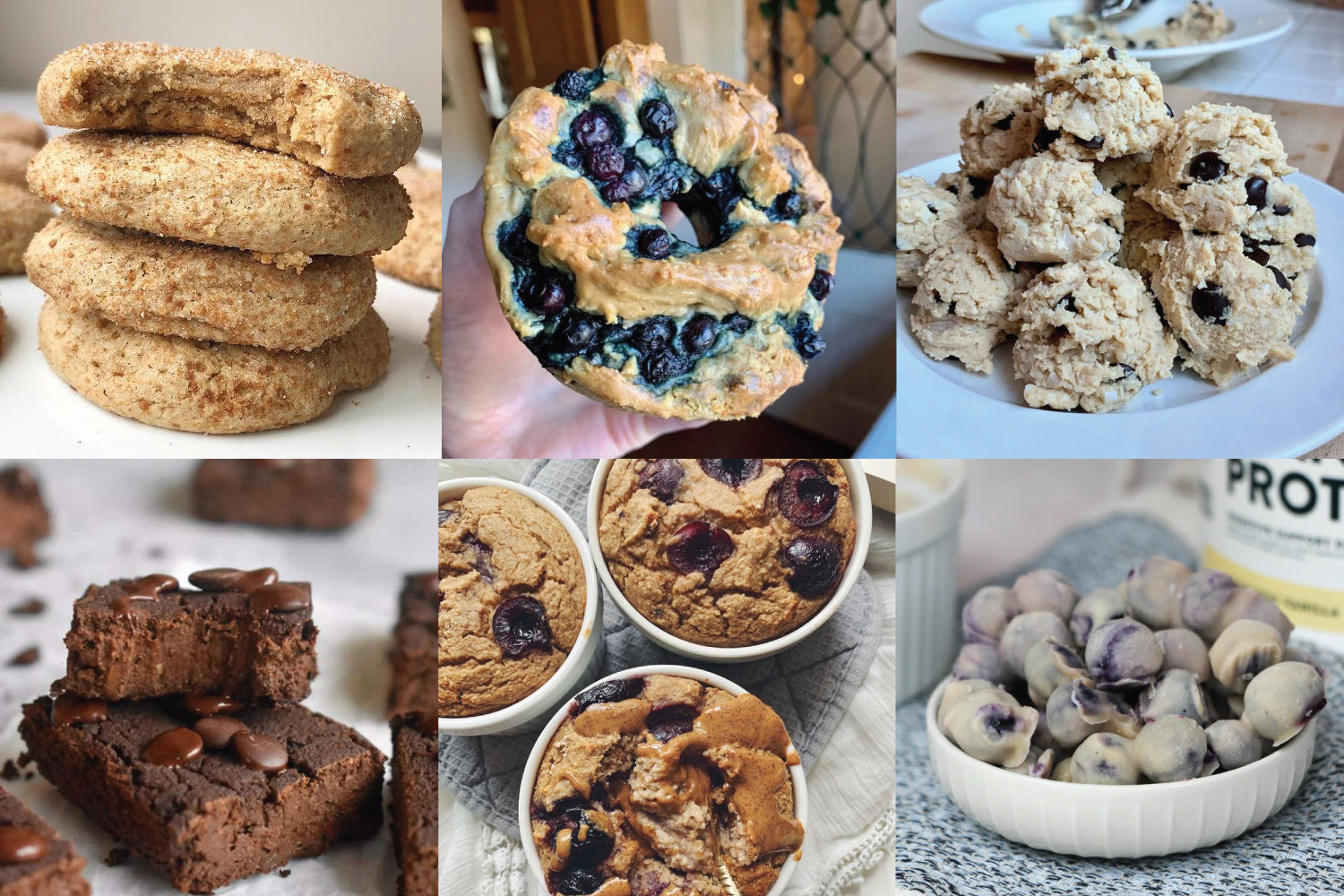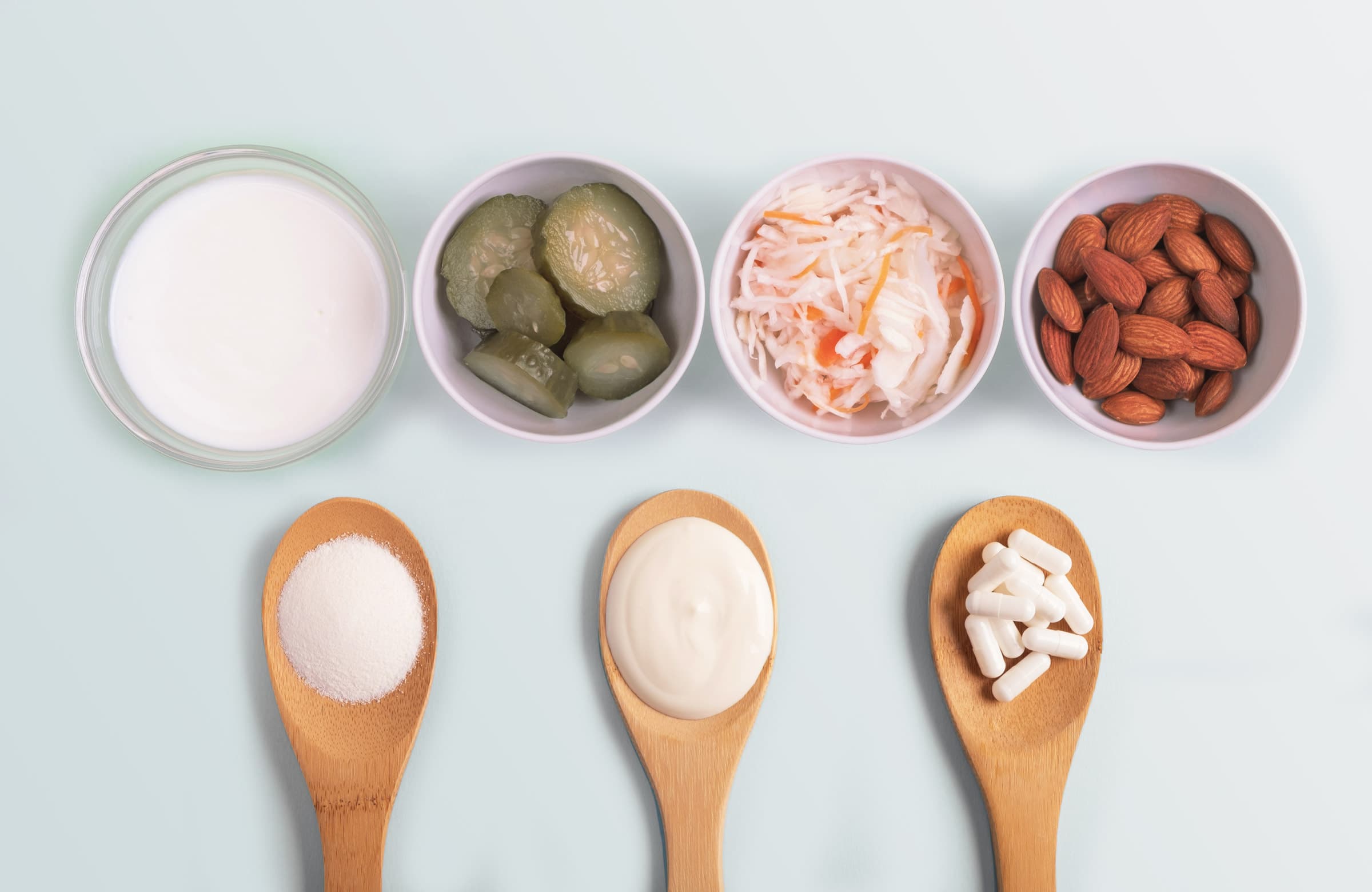Food is fuel, so if you’re often feeling tired, your diet could be part of the reason. As you get older, you may start to feel more fatigue during your days. But, with a healthy, balanced nutrition lifestyle, you can sustain your energy levels and feel great! Read on for tips to continue living your best life... without feeling fatigued.
The following nutrition tips can help feel and function at your best across your lifetime:
Eat A Balanced Diet
Eating a balanced diet of healthy fats, complex carbs, and proteins is important for maintaining energy levels. Some great places to start are below.
- Enjoying a variety of fruits and vegetables.
- Selecting whole grain products instead of refined grain products.
- Consuming lean proteins like tofu or pea protein powders.
- Choosing healthy fats like those from avocados and nuts.
- Limiting consumption refined sugar, high-fat packaged foods, fast foods, and alcohol.
Small Meals
Eating small frequent meals and protein snacks throughout the day can keep a steady supply of glucose going to your brain and body.
Large meals take longer to digest, which may make you feel sluggish. Aim to eat frequent meals and snacks throughout the day when hunger strikes, and be sure to consume enough calories and protein to support your energy needs. A great option for an afternoon pick-me-up is a smoothie with some added protein powder. The options are endless, so you'll never run out of ideas!
Get Enough of These Micronutrients
Certain vitamin and mineral deficiencies are associated with fatigue. Consuming enough iron and vitamin B12 are important for avoiding anemia, which is known to make people tired.
It is recommended that adults 51 and over consume 2.4 micrograms of B12 daily, and fortified foods and supplements can be used to meet much of the daily recommended intake. However, 10-30% of adults over 50 lose their ability to make enough stomach acid to make the absorbable form of B12, which makes it hard to digest.
Vitamin B12 is found in animal proteins (such as meat, eggs, and milk), as well as nutritional yeast, some marine plant foods, and some fortified cereals. Both are important to avoid anemia, maintain energy levels and support overall health.
In addition to vitamin B12, B vitamins in general are essential for converting food into energy. B1 (thiamine), B2 (riboflavin), B3 (niacin), B5 (pantothenic acid), B6, folic acid, and biotin are all important. All are found in various sources in the diet, and many people consume them in fortified cereals and other foods.
Some forms of vitamins are more readily absorbed by the body than others. The most absorbable form of B12 is methylcobalamin, and the most readily available form of folate is the activated L-methylated form.
Magnesium is also important for forming and storing energy, and inadequate intake has been associated1 with fatigue. Magnesium is found in almonds, cashews, tofu, spinach, bananas, chocolate, and other foods.
Finally, Vitamins C, E and the mineral selenium are important for healthy energy production in mitochondria. Vitamin C is a water-soluble vitamin found in a variety of fruits and vegetables, including strawberries, oranges, and bell peppers.
Vitamin E is a fat-soluble vitamin found in high amounts in almonds, sunflower seeds, avocados, peanuts, and dried apricots. Selenium is found in high amounts in brazil nuts, tuna, and liver, and sardines, and a variety of other foods.
Hydrate
Drinking enough fluids is essential to maintaining energy levels. In addition to helping your blood carry nutrients to the cells, it also helps your body remove waste products. One of the first signs of dehydration is fatigue, so if you’re feeling tired and don’t drink a lot of water, try increasing your fluid intake. Hydration is especially important with age, as many people have muted senses of thirst as they grow older. Water, coffee, and tea can all count towards your fluid intake. Moreover, eating or mixing hydrating foods like fruits and vegetables in your daily diet and recipes can help.
Limit Alcohol
While it is important to drink enough fluid, alcohol can make you feel sluggish and gives your body toxins to remove, which is additional work for your liver and kidneys. If you drink, try to avoid binge drinking (drinking multiple drinks in one sitting), and space your alcoholic beverages out with large glasses of water. Low energy levels can drag you down and prevent you from feeling your best. If you find you’re always tired, a healthful diet most of the time can help you avoid energy slumps and allow you to live an active, productive lifestyle at every stage of life.
References







